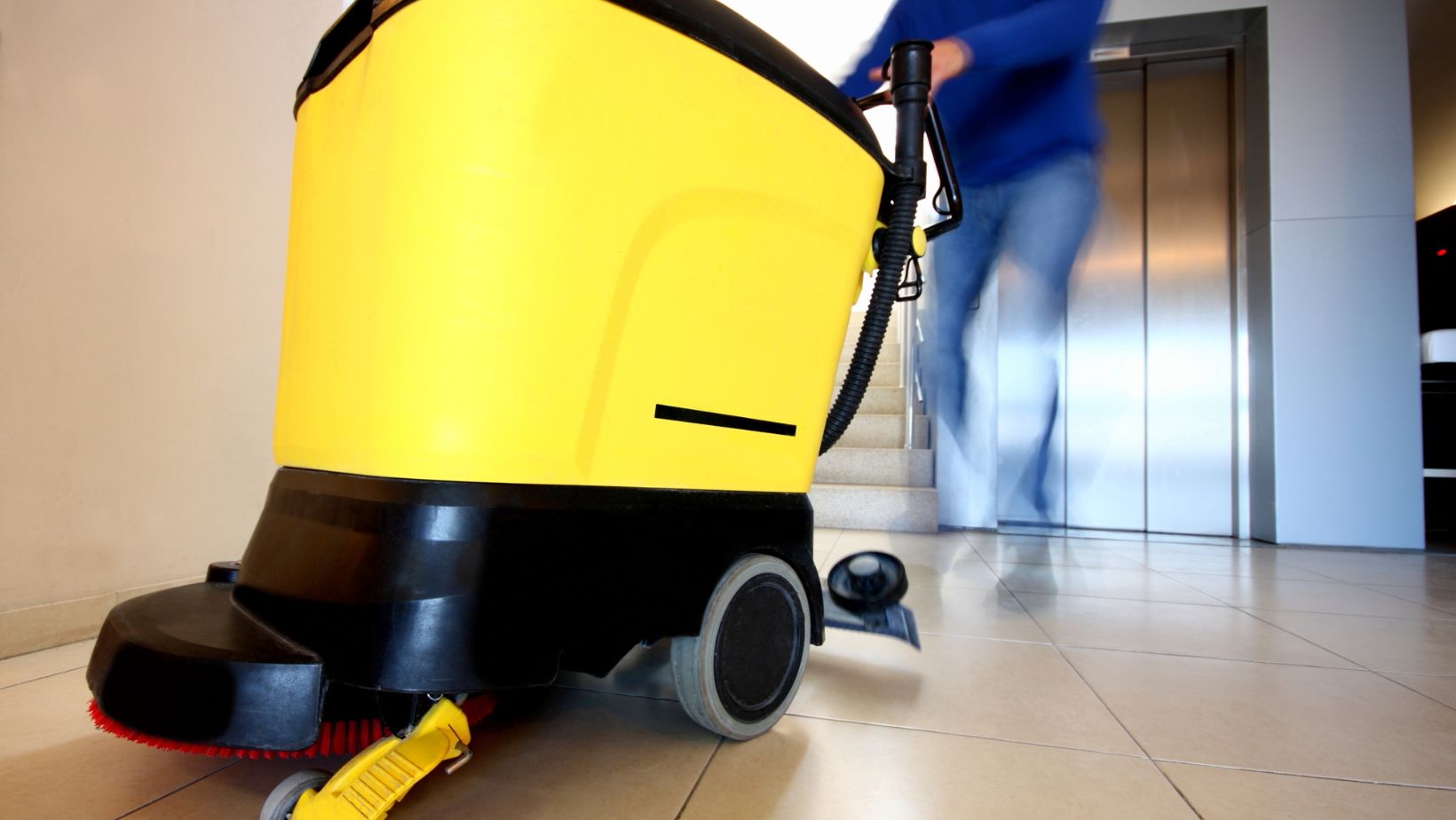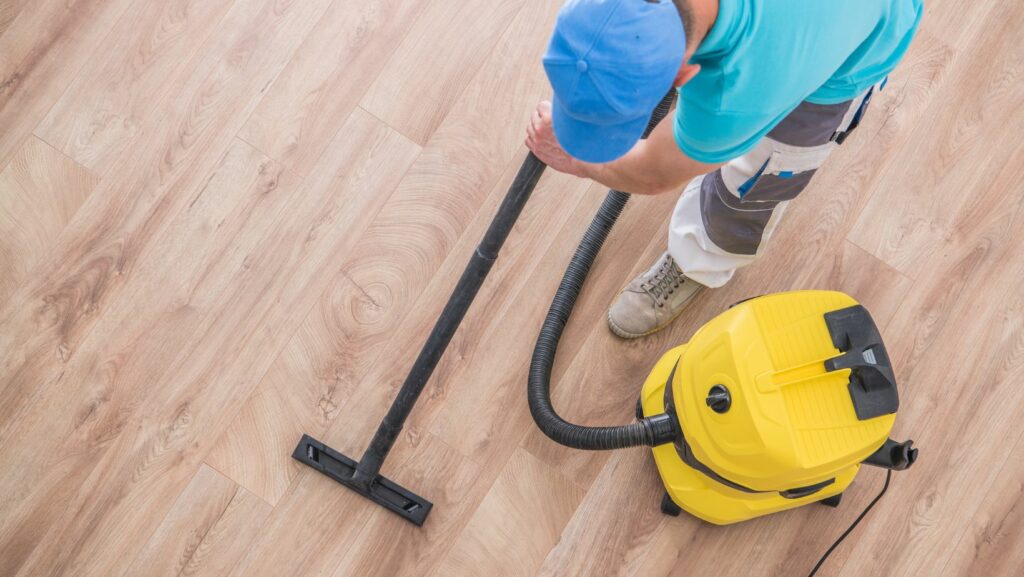Table of Contents
ToggleCan you Boil Vacuum Seal Bags
Have you ever wondered if it’s safe to boil vacuum seal bags? Well, I’m here to shed some light on this topic. The short answer is yes, you can boil vacuum seal bags! These specially designed bags are made to withstand high temperatures and are commonly used in sous vide cooking. Boiling them not only helps in cooking your food but also offers several benefits.
One of the key benefits of boiling vacuum seal bags is that it ensures a more even and thorough cooking process. When you cook food in a vacuum-sealed bag, the heat is evenly distributed, resulting in perfectly cooked meals every time. This method helps retain the natural flavours and nutrients of the ingredients while preventing any loss of moisture or taste.
Another advantage of using vacuum seal bags for boiling is their ability to prolong the shelf life of your food. By removing all air from the bag before cooking, you create an anaerobic environment that inhibits bacterial growth and prevents spoilage. This means your food stays fresh for longer periods without compromising its quality.
The Safety of Boiling Vacuum Seal Bags
When it comes to boiling vacuum seal bags, the question of safety is bound to arise. Can you safely boil these bags without any negative consequences? Let’s delve into this topic and explore the potential benefits and considerations.
- Material Composition: It’s crucial to understand that not all vacuum seal bags are designed to withstand high temperatures. Some may contain materials that can release harmful chemicals when exposed to boiling water. Before attempting to boil a vacuum seal bag, always check the product packaging or consult the manufacturer’s instructions for specific guidelines on heat resistance.
- BPA-Free Options: In recent years, many manufacturers have started producing BPA-free vacuum seal bags. Bisphenol A (BPA) is a chemical commonly found in plastics that has been linked to various health concerns. Opting for BPA-free bags ensures that you minimise any potential risks associated with exposure to this compound during boiling.
- Food Safety Considerations: While some people might assume that boiling vacuum-sealed food ensures complete sterilisation, it’s essential to maintain proper food handling practices even with sealed packages. Always follow recommended cooking times and temperatures for different types of food items, as simply boiling them in a sealed bag may not be sufficient for thorough cooking or eliminating harmful bacteria.
- Benefits of Boiling Vacuum Seal Bags: Boiling certain vacuum-sealed foods can offer several advantages:
- Enhanced Flavour: The process of cooking food in its own juices within a vacuum-sealed bag can help retain flavours and intensify their taste.
- Improved Texture: By sealing in moisture during the cooking process, you can achieve tender and succulent results.
- Extended Shelf Life: Vacuum sealing your food before boiling can help prolong its freshness by preventing air exposure and minimising bacterial growth.

Can You Boil Vacuum Sealed Food?
One common question that often arises when it comes to vacuum-sealed food is whether it can be safely boiled. The answer to this question depends on the type of vacuum seal bag you are using. Let’s delve into the details and explore the benefits of boiling vacuum-sealed food.
- Compatibility with Boiling: Not all vacuum seal bags are suitable for boiling. Most standard plastic bags, such as Ziploc bags, cannot withstand high temperatures and may melt or leach harmful chemicals into your food when exposed to boiling water. However, there are specific types of vacuum seal bags designed for sous vide cooking and boiling purposes.
- Sous Vide Bags: Sous vide bags are made from a thicker material, usually BPA-free plastic or even silicone, which can safely withstand higher temperatures without compromising the integrity of the bag or contaminating your food. These bags create an airtight seal that prevents air and moisture from entering or escaping, ensuring optimal preservation and flavour retention during cooking.
- Benefits of Boiling Vacuum-Sealed Food: Boiling vacuum-sealed food offers several advantages:
a) Enhanced Flavour: By sealing your ingredients in a vacuum bag before boiling, you lock in their natural flavours while allowing them to infuse together harmoniously. This results in intensified taste profiles and more succulent textures.
b) Improved Nutritional Value: Boiling sealed food helps retain essential vitamins, minerals, and nutrients that might otherwise be lost through traditional cooking methods like boiling without a sealed container.
c) Tenderization: Tough cuts of meat can benefit greatly from being cooked in a vacuum-sealed bag while submerged in boiling water for an extended period. The low-temperature environment allows collagen breakdown over time, resulting in incredibly tender and juicy meat.
d) Convenience: Vacuum sealing your meals before boiling provides convenience by allowing you to prepare meals ahead of time. You can pre-portion ingredients, season them, and store them in the freezer until you’re ready to cook. When it’s mealtime, simply drop the vacuum-sealed bags into boiling water for a quick and hassle-free cooking experience.

